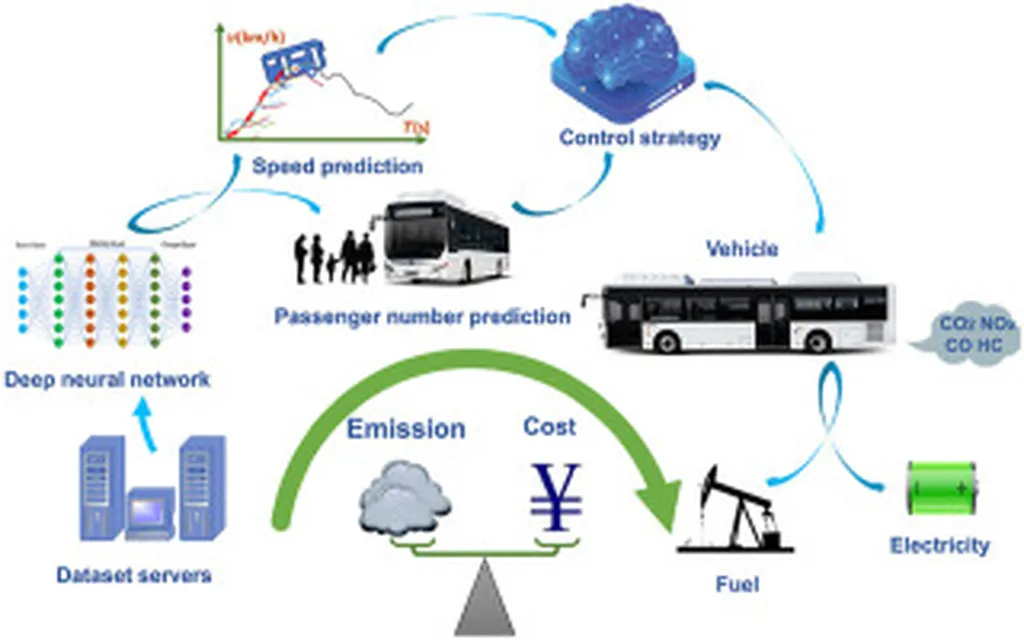In the quest to decarbonize public transportation, electric buses (eBuses) have emerged as a promising solution, but their widespread adoption hinges on strategic planning. A recent study published in the journal “Nature’s Partner Journal: Sustainable Mobility and Transport” offers a data-driven approach to optimize eBus fleet electrification, providing valuable insights for transit agencies and the energy sector alike.
The research, led by Kareem Othman from the Civil Engineering Department at the University of Toronto, addresses critical challenges in eBus deployment, such as limited battery capacity and energy consumption. By analyzing transit route characteristics and employing machine learning models, Othman and his team identified key factors that influence the success of eBus integration.
“Our study reveals that shorter routes with lower speeds, higher stop density, and greater ridership are ideal candidates for initial eBus deployment,” Othman explains. These routes are less likely to require fleet expansion, making them cost-effective and practical starting points for electrification.
The research employed eight binary machine learning classification models to predict fleet expansion requirements, with the XGBoost model achieving the highest accuracy of 0.84 and an AUC of 0.8457. SHAP analysis further pinpointed route length, average temperature, and bus speed as key factors influencing fleet expansion needs.
These findings offer practical guidance for transit agencies, enabling them to prioritize routes strategically and deploy eBuses effectively without the need for fleet expansion until the technology matures. For the energy sector, this research underscores the importance of tailored solutions that consider local conditions and operational characteristics.
As cities worldwide strive to meet their sustainability goals, the insights from this study can help shape future developments in public transit electrification. By leveraging data-driven approaches and advanced analytics, transit agencies and energy providers can work together to create more efficient, sustainable, and resilient transportation systems.
Othman’s work not only highlights the potential of machine learning in optimizing eBus deployment but also emphasizes the need for continuous innovation and adaptation in the face of evolving technological and environmental challenges. As the world moves towards a greener future, such research will be instrumental in driving progress and achieving long-term sustainability goals.

